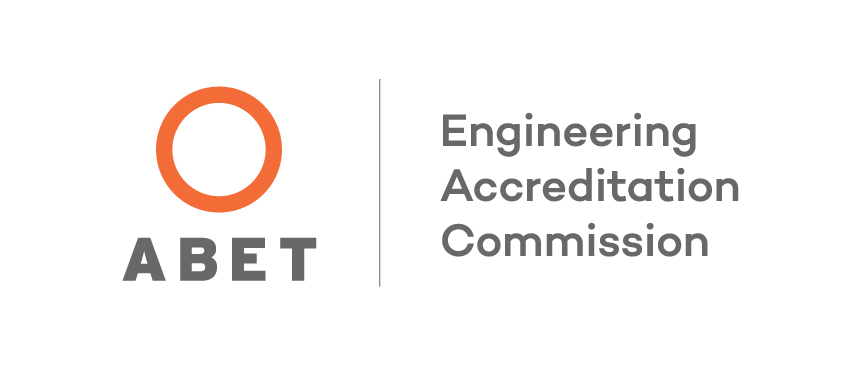Accreditation
Petroleum Engineering Program

The ABET accreditation process, a voluntary, non-governmental process of peer review, helps assure quality in educational programs. ABET-accredited educational programs must meet certain defined standards. The petroleum engineering program is accredited by the Engineering Accreditation Commission of ABET.
Program Mission
The petroleum engineering program at Missouri S&T empowers future leaders to address global energy challenges. We cultivate innovative engineers through rigorous academic programs and cutting-edge research, fostering a strong foundation in petroleum engineering and geosciences with a commitment to sustainability, safety, and ethical practice. Our graduates are prepared to excel in the petroleum industry, driving advancements in exploration, production, and reservoir engineering.
Program Educational Objectives
Graduates of the program will exhibit proficiency and excellence in the following attributes:
-
Technical Proficiency: Develop expertise in applying state-of-the-art petroleum engineering tools and techniques to address complex challenges in oil and gas production and management. Master the principles of subsurface engineering to optimize reservoir performance, resource recovery, and subsurface storage.
-
Global Perspective: Understand and evaluate the economic, environmental, societal, and ethical implications of petroleum engineering decisions. Collaborate effectively in teams to solve complex engineering problems.
-
Effective Communication: Communicate technical information clearly and concisely both orally and in writing. Able to analyze and synthesize and communicate knowledge effectively.
- Lifelong Learning: Develop adaptability and a commitment to continuous learning to stay abreast of industry advancements and emerging technologies.
Student Outcomes
-
An ability to identify, formulate, and solve complex engineering problems by applying principles of engineering, science, and mathematics.
-
An ability to apply engineering design to produce solutions that meet specified needs with consideration of public health, safety, and welfare, as well as global, cultural, social, environmental, and economic factors.
-
An ability to communicate effectively with a range of audiences.
-
An ability to recognize ethical and professional responsibilities in engineering situations and make informed judgments, which must consider the impact of engineering solutions in global, economic, environmental, and societal contexts.
-
An ability to function effectively on a team whose members together provide leadership, create a collaborative and inclusive environment, establish goals, plan tasks, and meet objectives.
-
An ability to develop and conduct appropriate experimentation, analyze and interpret data, and use engineering judgment to draw conclusions.
-
An ability to acquire and apply new knowledge as needed, using appropriate learning strategies.

Follow Earth Sciences and Engineering